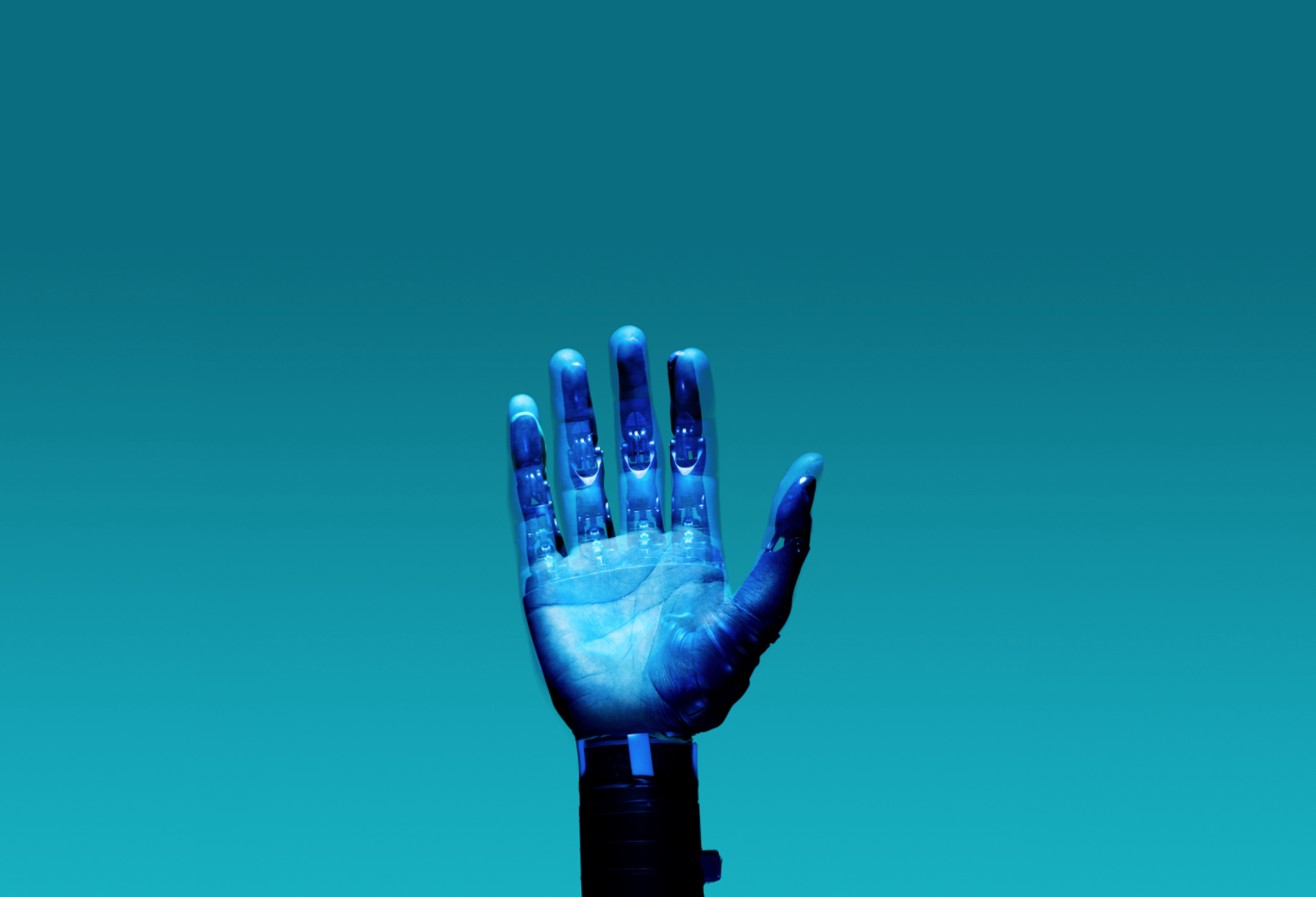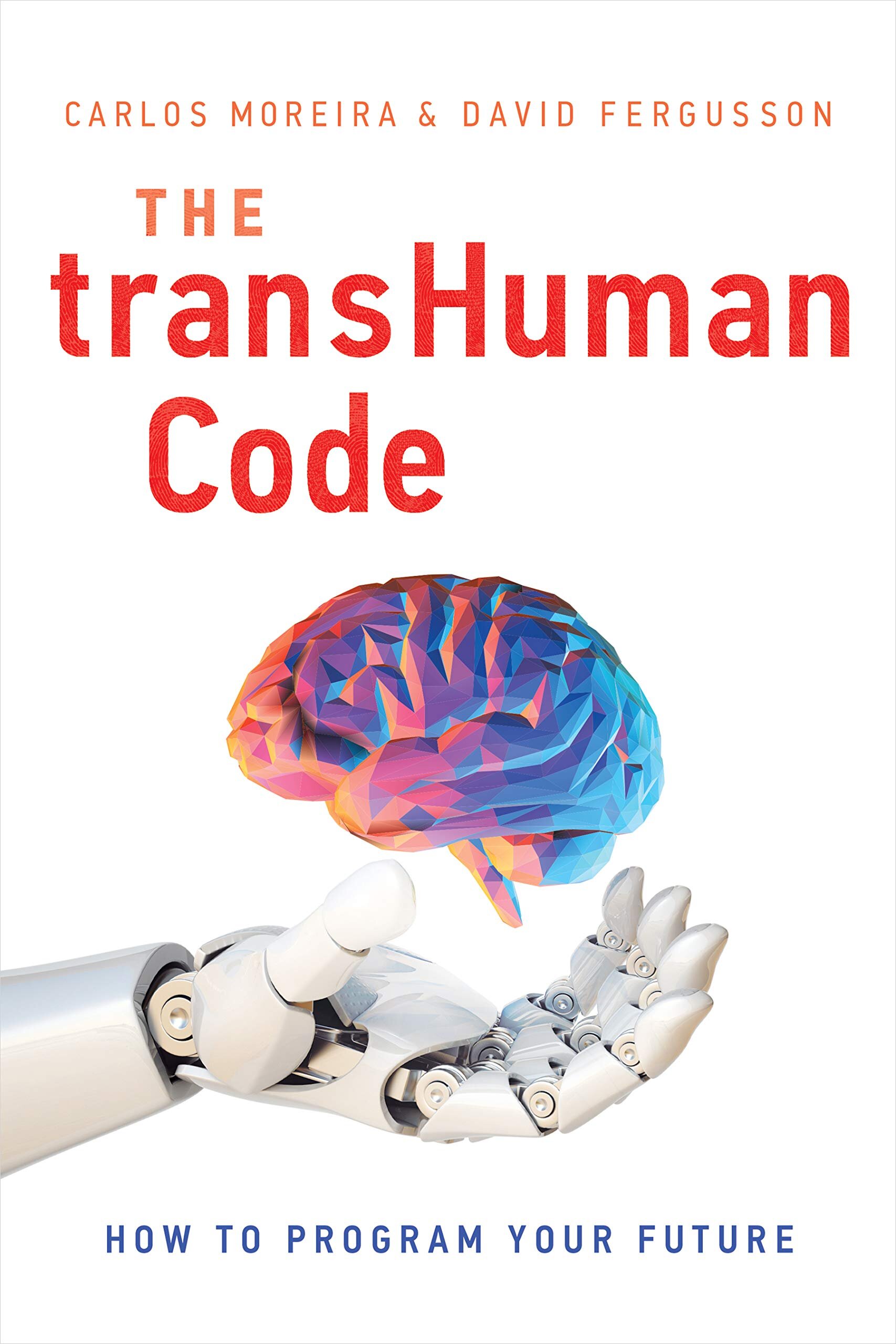
Technically Human is a podcast about ethics and technology that
asks what it means to be human in the age of tech. Each week, Professor Deb Donig interviews industry leaders, thinkers, writers, and technologists, and asks them about how they understand the relationship between humans and the technologies we create. We discuss how we can build a better vision for technology, one that represents the best of our human values.

The Clean Meat Revolution
In this episode, we take a deep dive into the technology of “Clean Meat,” with Paul Shapiro. We talk about the ethics of eating non-human animals, the technological history that led to factory farming and the technology that is allowing human animals to eat meat, in what we might call the "Clean Meat" revolution--a term that nods to the clean energy revolution that has transformed the energy sector.

Technology For Life: Disaster relief and life-saving tech
In this episode of “Technically Human” I talk to Dov Maisel, the cofounder of United Hatzalah, an organization that leverages technologies to provide disaster relief around the world when crisis strikes—in Haiti, Florida, Nepal, Israel, and right now, in the devastating war in Ukraine. We talk about United Hatzalah’s ethic of providing free emergency care to all people, regardless of race, religion, ethnicity, or nationality, we talk about how technologies are changing the terrain of disaster relief, and we discuss how existing technologies can be transformed into life-saving ones.

AI for the Developing World
In this episode, I interview Prateek Joshi, Founder and CEO of Plutoshift. We talk about the importance of local and cultural knowledge in a global tech economy, the ethical obligations of technological producers in the West to technological development in developing countries, and how AI transforming the landscape of the developing world.

Body Snatchers: Manjula Padmanabhan discusses the drama of technology and the black market of organ harvesting
Today’s episode is the final episode of our season. The episode features a very special conversation, one that I have wanted to have since I started the show two years ago. In the episode, I sit down with Manjula Padmanabhan. We talk about her play, Harvest, and the connection between market demand in the West and body supply in the global South, and we discuss the relationship between organ donation, as a technology, and human rights, as a philosophy. And Manjula explains why science fiction matters for our ability to understand, and to create, what it means to be human.

The LAWS of War: Lethal autonomous weapons systems and the new ethics of warfare
In this episode, I speak with Dr. John C. Williams about the ethics of automated weapons systems. We talk about the concept of meaningful human control, about the ethics of war, and what it means to engage in the politics of biopower in the age of lethal autonomous weapons.

The TransHuman Code: Carlos Moreira imagines a human-centered technological future
In this episode of the podcast, I speak with Carlos Moreira, the CEO of WISeKey. We discuss the possibilities for building a human-centered technological future today—and the consequences if we do not. What does a human-centered model for technological production look like? How can we build human rights into our tech? And what needs to change to return human values to tech?

Chris Wexler's Quest to Detoxify the Internet: AI and Krunam's Fight to Stop Human Trafficking
In this episode, I sit down with Chris Wexler, the CEO of Krunam, one of the world’s leading image and video classifiers of Child Sexual Abuse Materials (CSAM). We discuss the dark side of the world wide web, and Chris explains how exploitative economies of human trafficking proliferate online. We discuss how Krunam puts AI to use combatting this exploitation. We also look at the rise of social justice-oriented technologies and the rise of social impact investing, and Chris shares why he is hopeful that the future of tech investing will be social-impact based.
